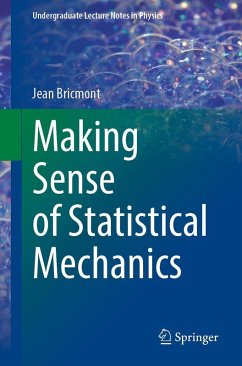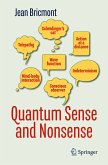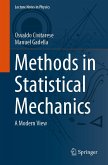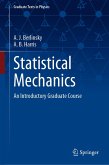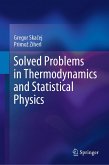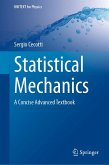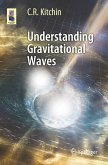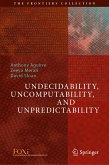One might ask similar questions about probabilities: Do they express subjective judgments by us, humans, or do they reflect facts about the world, i.e. frequencies. And what notion of probability is used in the natural sciences, in particular statistical mechanics?
This book addresses all of these questions in the clear and pedagogical style for which the author is known. Although valuable as accompaniment to an undergraduate course on statistical mechanics or thermodynamics, it is not a standard course book. Instead it addresses both the essentials and the many subtle questions that are usually brushed under the carpet in such courses. As one of the most lucid accounts of the above questions, it provides enlightening reading for all those seeking answers, including students, lecturers, researchers and philosophers of science.
Dieser Download kann aus rechtlichen Gründen nur mit Rechnungsadresse in A, B, BG, CY, CZ, D, DK, EW, E, FIN, F, GR, HR, H, IRL, I, LT, L, LR, M, NL, PL, P, R, S, SLO, SK ausgeliefert werden.

